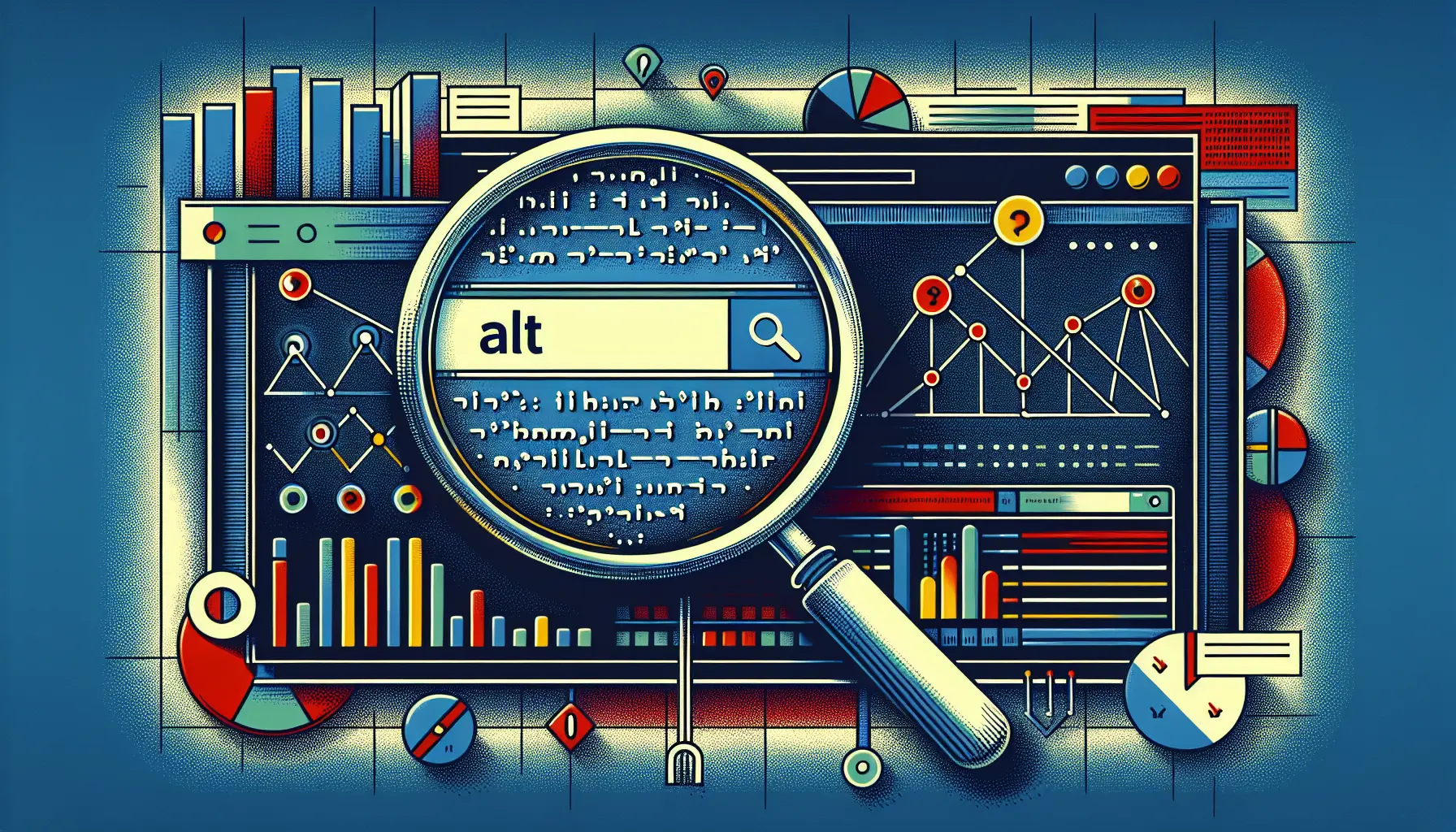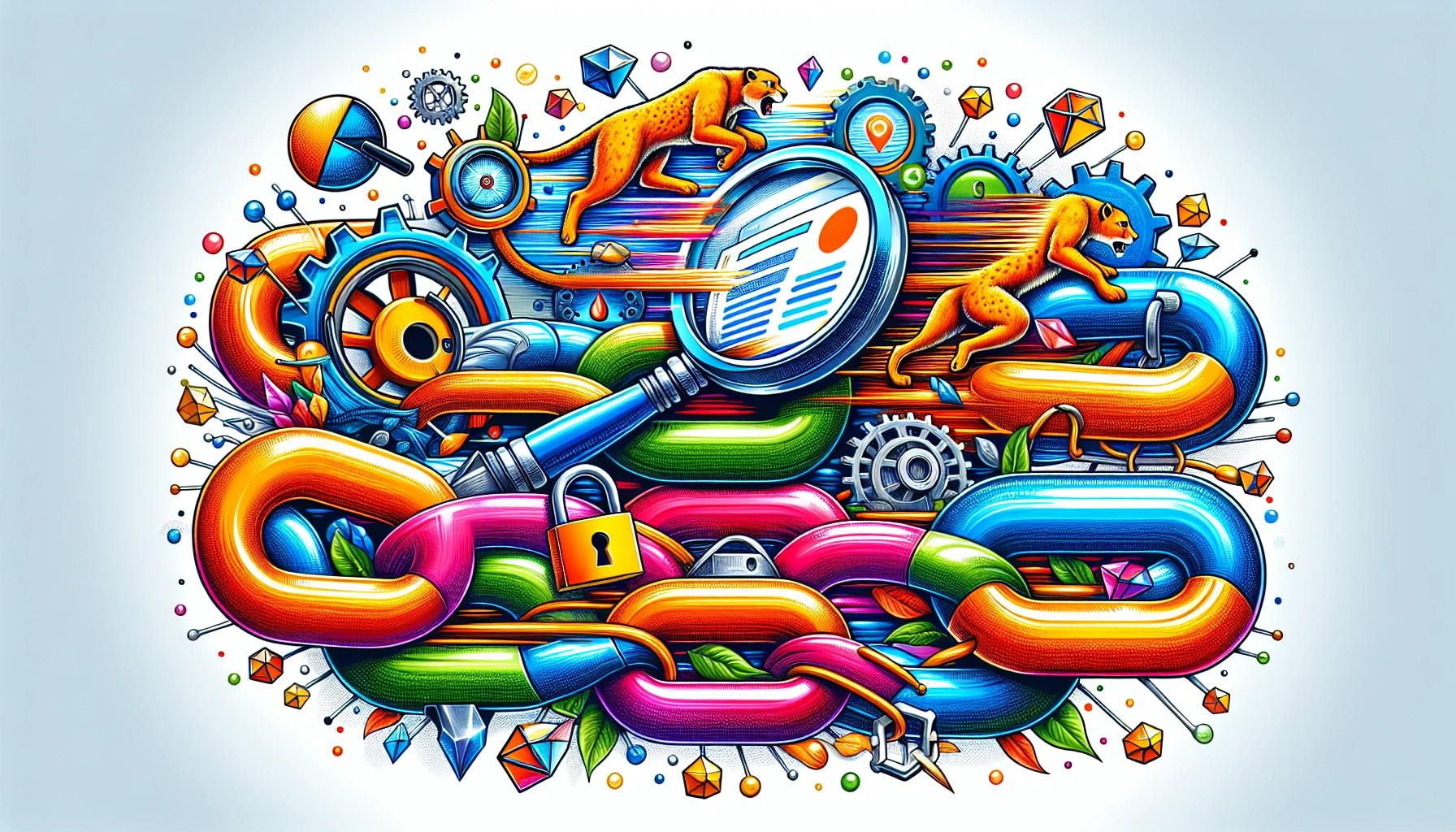How to Optimize Your Website's Crawl Budget
Ever wondered how Google browses your website? Understanding this can help improve how well your site shows up in search results. That’s where crawl budget optimization comes in. Let’s break down what you need to know about managing your crawl budget effectively.
What is a Crawl Budget?
Think of Google as a super-fast reader visiting your website. However, even the fastest reader has a limit to how many pages they can read at once. This limit is your “crawl budget.” It’s how many pages Google can crawl and index on your website within a certain time. The problem is, if Google spends all its time looking at your pictures, videos, or other heavy resources, it might not get to the stuff that matters most—your main content!
Why Does Crawl Budget Matter?
When Google spends a lot of time crawling resources like JavaScript, CSS, images, and videos, it might not effectively crawl and index your actual content. This can lead to less visibility in search engine results, which means fewer visitors to your website.
Google’s Web Rendering Service
Did you know that Google uses something called Web Rendering Service (WRS)? It’s like a super-smart librarian that caches your website’s resources for up to 30 days. Because it works independently of HTTP cache settings, it conserves crawl budget by not needing to re-download resources every time.
Hosting Resources Elsewhere Helps
One of the best tips from Google is to host your resources like images, scripts, and stylesheets on a different hostname. This could be a Content Delivery Network (CDN) or a subdomain. The quote from the experts: “Place resources on a different hostname, like a CDN or subdomain. This can help shift the crawl budget burden away from your main site.” By doing this, you’ll allow Google to focus its attention (and budget) on the content you most want indexed.
The Robots.txt Trap
Be careful with your robots.txt file. It’s a file that tells search engines what parts of your site they can and can’t access. If you block resources like images or scripts in it, Google might not be able to properly render your page. This could harm your page’s ranking. As the experts say, “If Google can’t access a necessary resource for rendering, it may have trouble getting the page content and ranking it properly.”
Keeping an Eye on Crawl Activity
Wondering what Googlebot is up to when it’s visiting your site? Look at your raw access logs. They show what resources Googlebot is crawling, so you can understand its patterns and maybe even spot places for improvement.
Actionable Steps to Optimize Your Website
-
Evaluate and Eliminate: Go through all the resources on your website. Ask yourself if each script, stylesheet, or image is really necessary. Cutting down on unnecessary resources can save valuable crawl budget.
-
Embrace CDNs and Subdomains: Shift your resources to a CDN or use a subdomain. This not only optimizes your crawl budget but also speeds up loading times for your users.
-
Mind Your Robots.txt: Be careful not to block important resources. Make sure everything Google needs to see to understand your pages is accessible.
-
Monitor Crawl Logs: Regular checks of your access logs will help you stay on top of Google’s crawling habits. This can clue you into issues like crawl errors or unnecessary resource crawling.
By taking these steps, you can make sure that Google spends its time on your site in the best possible way. Improving crawl efficiency not only enhances your website’s visibility but potentially gives you an edge over competitors who aren’t as crawl-savvy.
Conclusion
At the end of the day, optimizing your crawl budget is about making sure Googlebot can effectively index your site’s most important content. Use Google’s recommendations—like hosting resources on different hostnames and keeping an eye on what Googlebot is doing—to your advantage.










